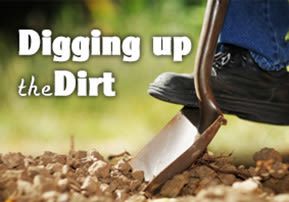
Devarim: Digging up the Dirt
People search for blemishes in others to justify their own prejudices and preconceptions rather than looking for what's really true...

All of you approached me and said, "Let us send men ahead of us to dig up [spy out] the land for us, and bring back word to us…"(Deuteronomy 1:22).
Why does the generation of the desert use the expression "dig up" in asking Moses to send spies to scout out the land? Why did they say vayachperu, which specifically means to dig up, instead of vayeraglu or vayaturu, the words that are used for spying every other time it is mentioned in Torah and in the prophets?
People's use of language reflects their culture and attitudes.
Since the generation of the desert, except for Caleb and Joshua, had no interest in entering the Land of Israel, they were looking for any and every excuse to justify their remaining outside of Israel. As such, they wanted the spies to put a rubber stamp of approval on their preconceptions and to find anything about the Land that could be viewed or interpreted as negative. In an apparent slip of the tongue – for there's no other use of a similar 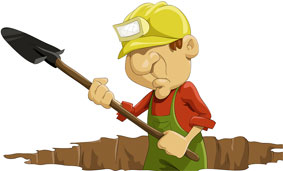 expression anywhere in the Torah – the generation of the desert asks Moses to send spies, not to spy or scout out the Land, but to dig up whatever "dirt" they can as a justification for not entering the Land.
expression anywhere in the Torah – the generation of the desert asks Moses to send spies, not to spy or scout out the Land, but to dig up whatever "dirt" they can as a justification for not entering the Land.
The expression "dig up" means penetrating the surface of something in order to expose a revealed entity. The following parable will help us understand:
A brilliant young and righteous Torah scholar was appointed as rabbi of a village of ignoramuses. The rabbi did much to uplift them and to rid the community of all types of ridiculous customs that were based on ignorance and superstition. This triggered the resentment of several community elders, who prior to the young rabbi's arrival, were considered the community's wise men. They decided to do whatever they could to discover anything about the rabbi that could be interpreted as scandalous…
One night, three of the village elders hid in the bushes outside the rabbi's house. The flame of a candle flickered in the rabbi's study, and for hours, he sat deeply immersed in a stack of holy books that were open on his wide oak desk. Before the break of dawn, the red-eyed elders scurried away from the hiding place and ran straight to the village synagogue. Running in the door, they ran up to podium and declared: "We've caught the rabbi red-handed! We've discovered the truth about him! He doesn't know a thing! He must therefore sit all night long and learn, at a time when no one can see him. He's not fit to be our rabbi!"
The ignoramus elders were "digging up" whatever they could about the rabbi.
"Digging up" is an attempt to find a blemish in one's fellow human. It's not a search for truth, but the contrary, when a person attempts to mold the truth into something that fits and advances his personal agenda, trying to justify his own prejudices and preconceptions rather than looking for what's really true. This is the way also the method that totalitarian regimes use to dispose of those who oppose them.
Hashem runs the world measure for measure. The same generation that said, "…to dig up the land for us" were forced for the next thirty eight years to dig their own graves, until not a single one of them was left. This is likely to be one of the reasons that we read this week's Torah portion on the Shabbat before Tisha B'Av, to remind us that the generation of the desert would sleep in the graves they dug every Tisha B'Av night, for many of them would not wake up the next morning (see Tosephot, Taanit 30b, "Yom"). They tried to "dig up" derogatory aspects about the Land of Israel and they ended up digging their own graves. This is something that should shock anyone: Hashem seems to be saying, "If you want to dig do badly, I'll let you dig…"
The ugly act of looking for blemishes in one's fellow human is the type of intramural hatred, the sinat chinam that caused the destruction of the Second Temple and the fast of Tisha B'Av. We must rectify this by looking for the good in everyone. And, if we do want to any digging, it should be for the purpose of planting trees in our lovely homeland, may Hashem protect her, amen!








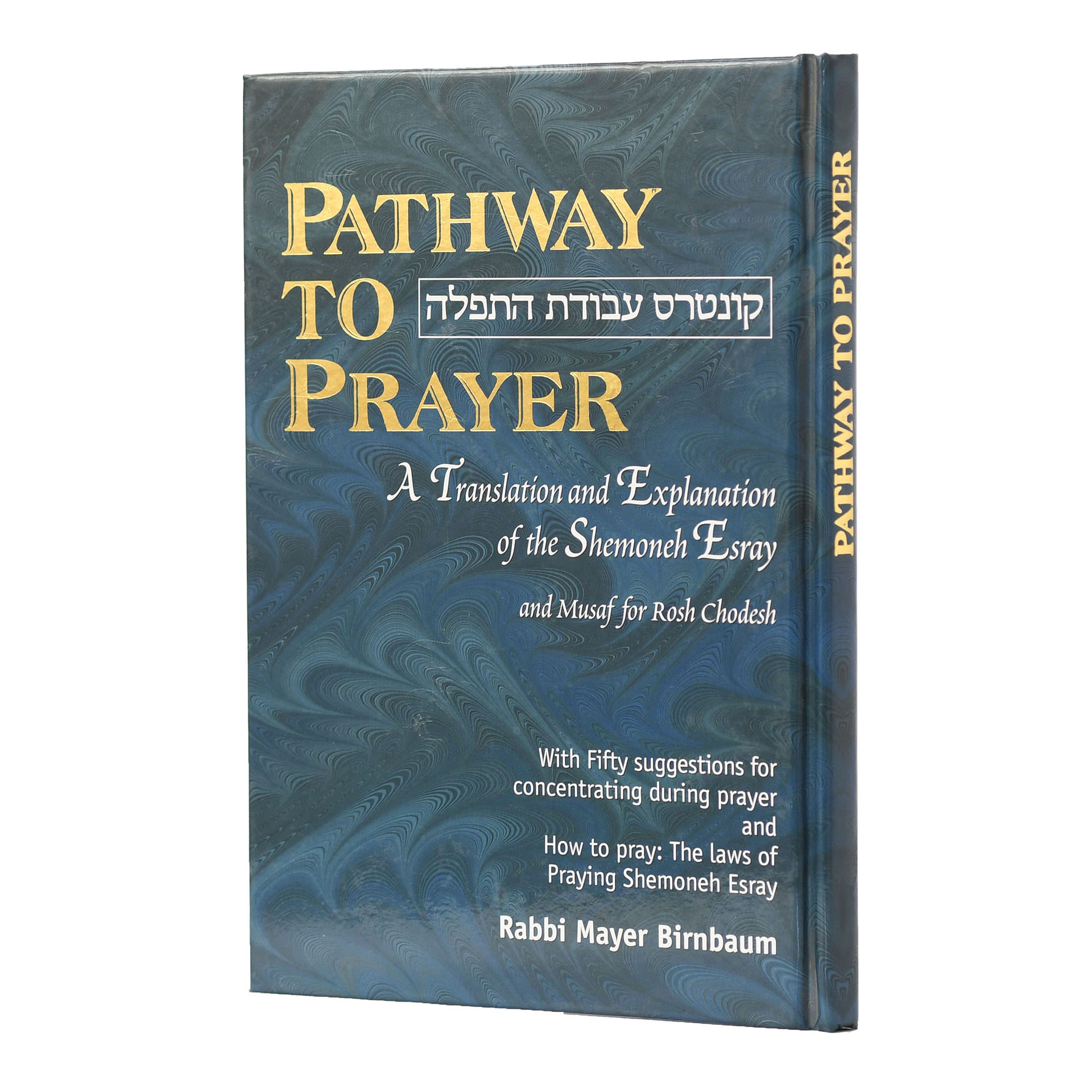
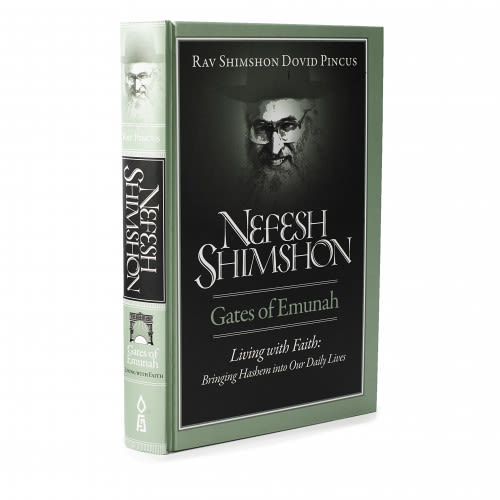
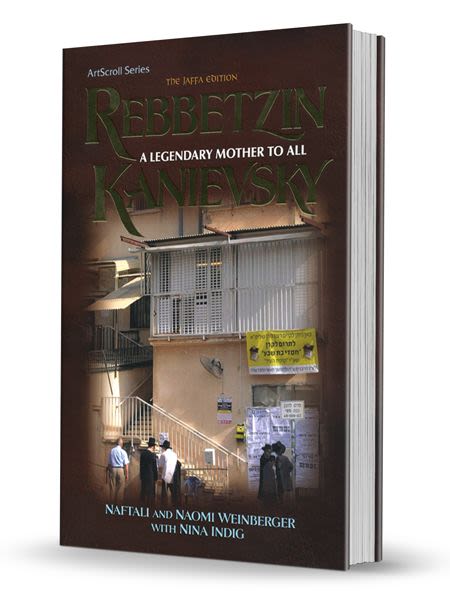
Tell us what you think!
Thank you for your comment!
It will be published after approval by the Editor.